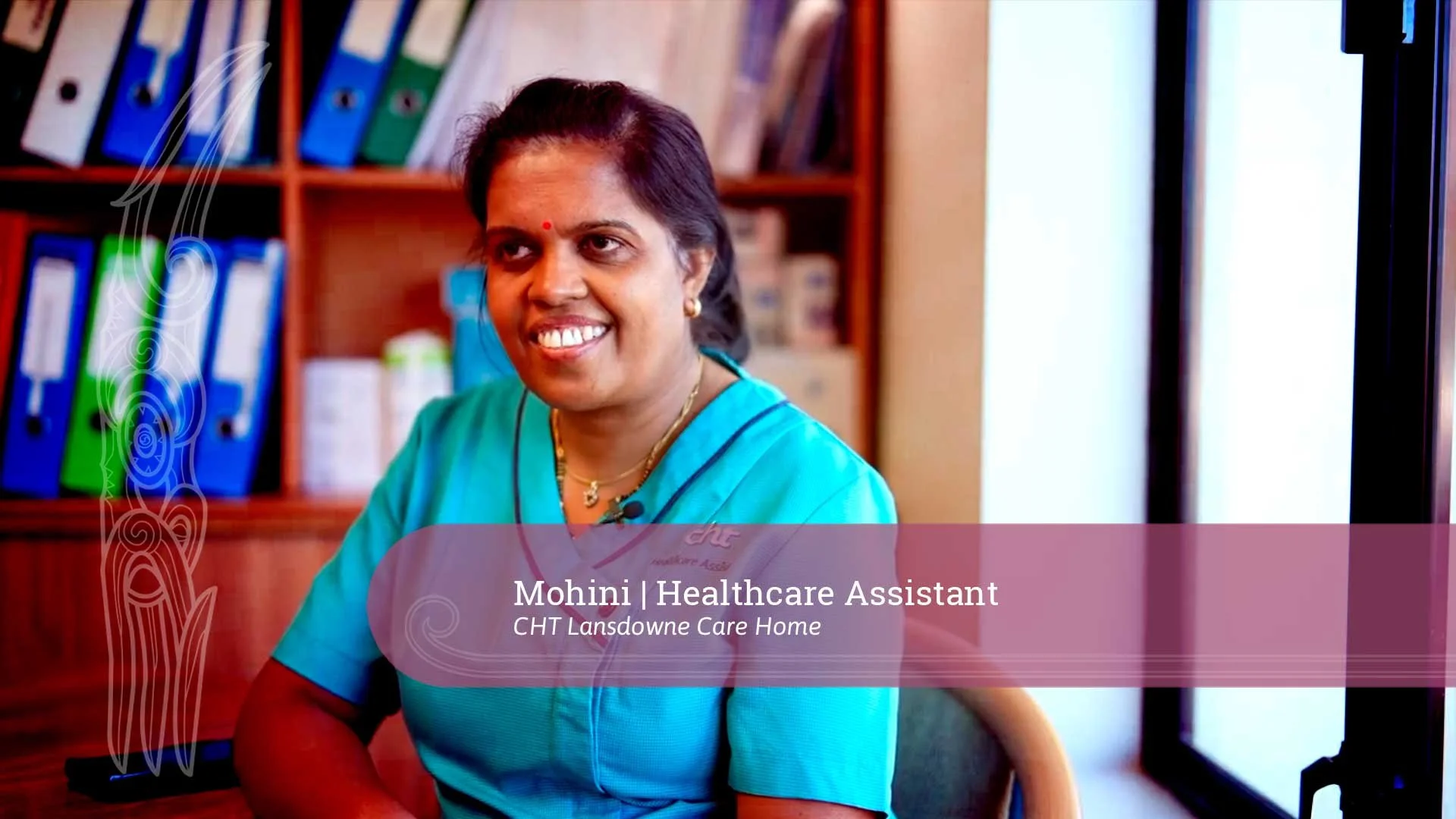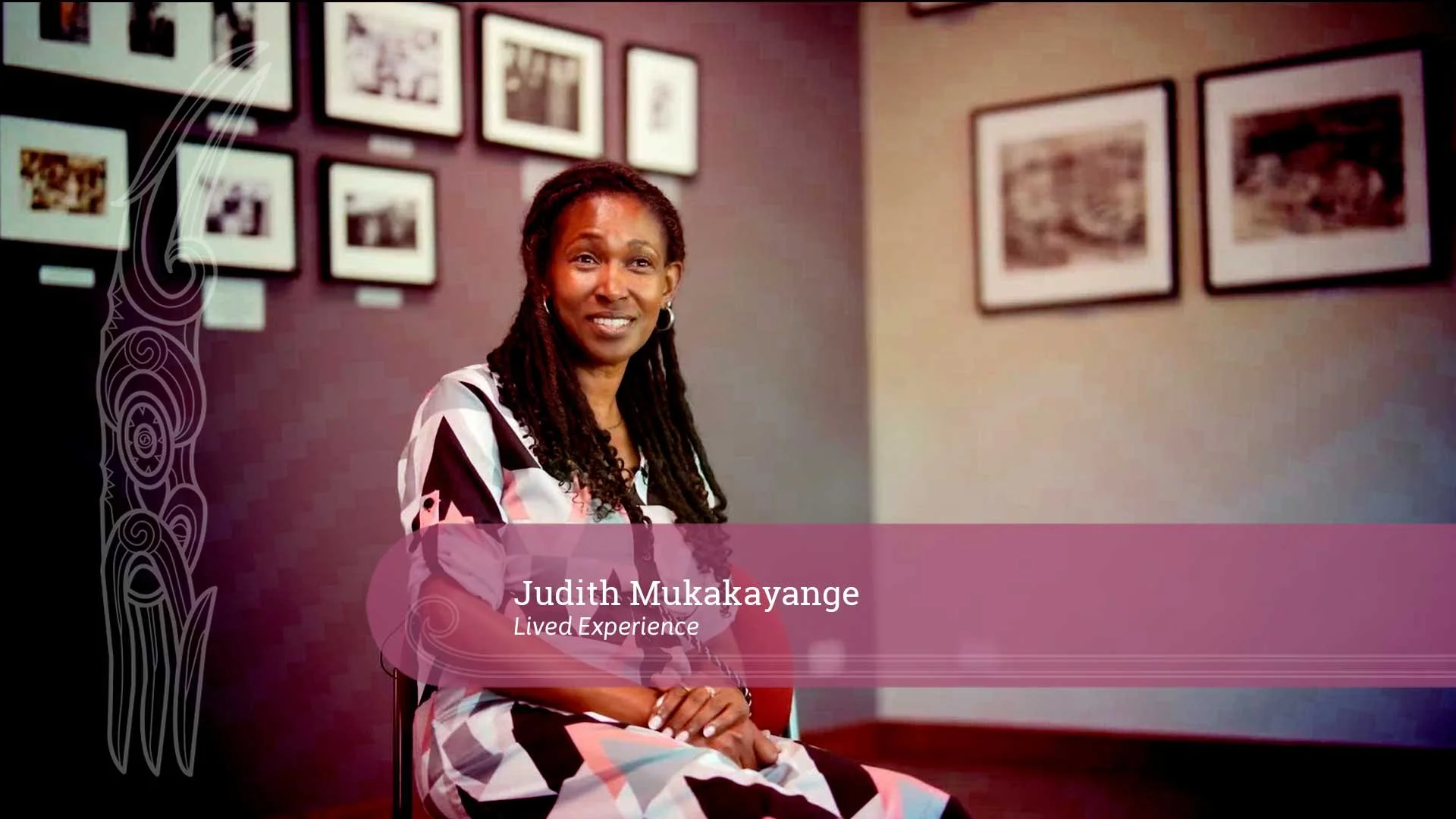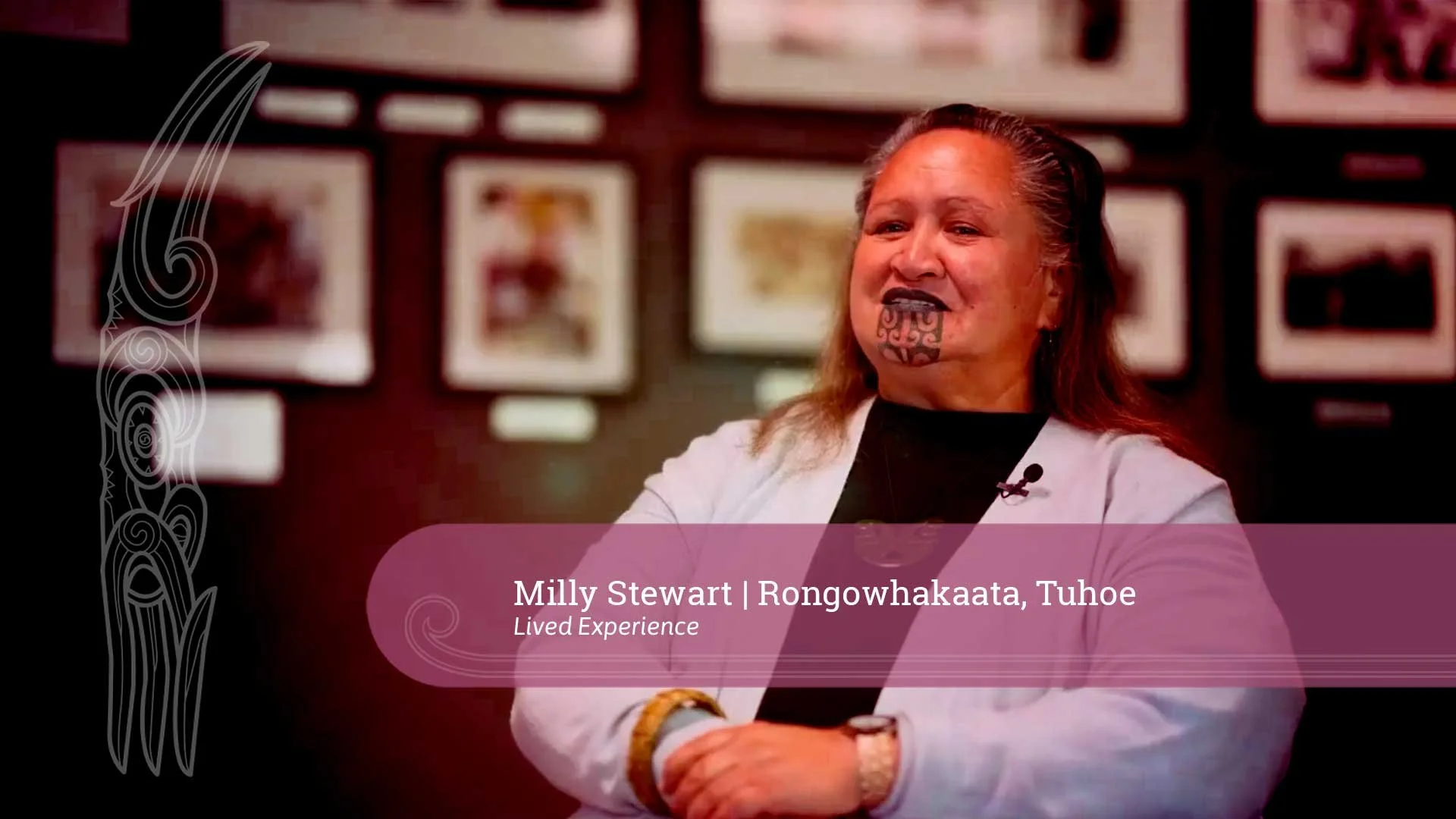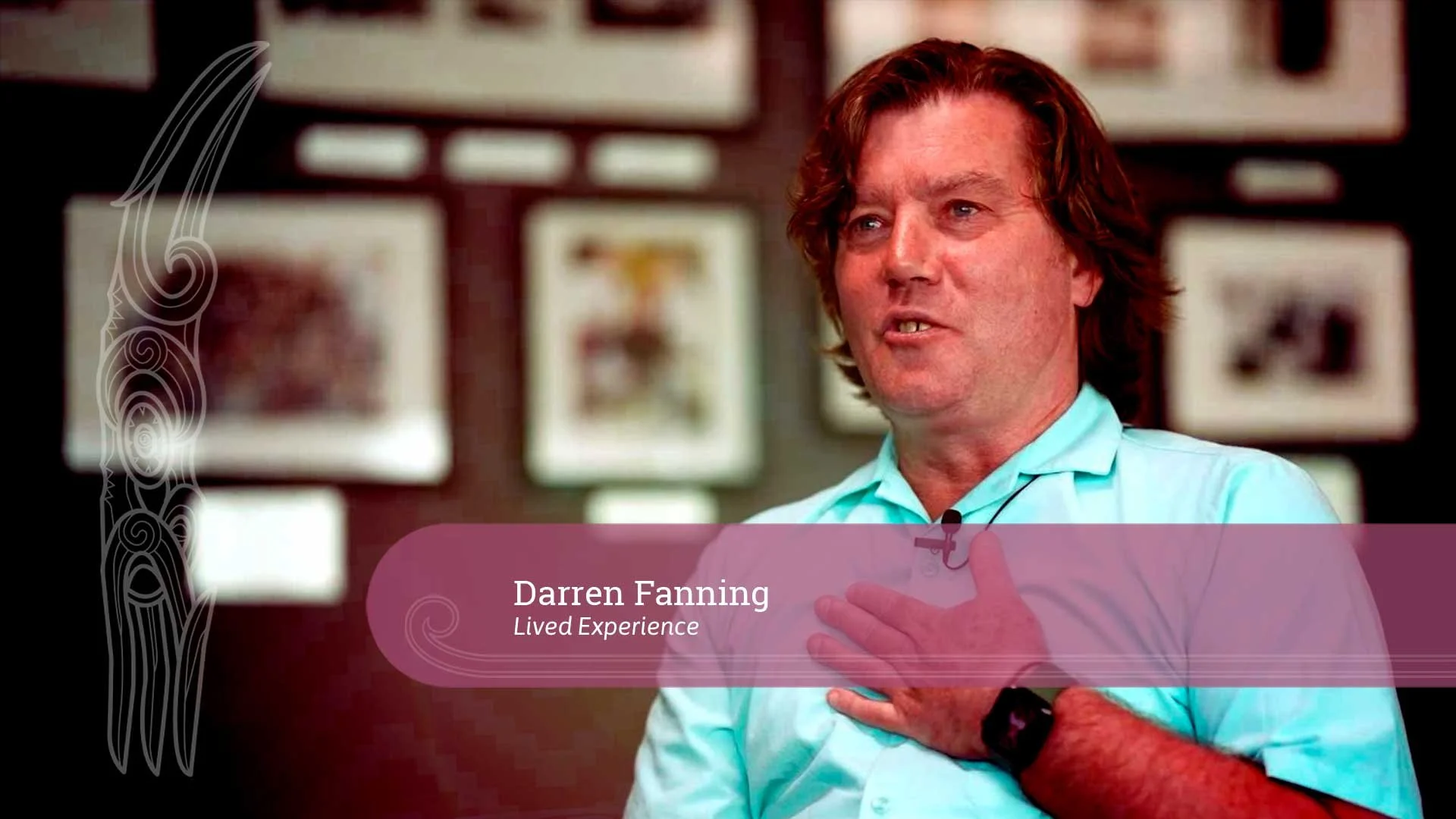
Information for Kaimahi (Support Workers)
Kaimahi is the name given to the people who provide essential daily support to others, paid or voluntary. This support can include tasks like personal care, helping with medication, preparing meals, taking people to appointments, and cleaning. This care and support is offered in people’s homes, the community, hospices, or specialised care facilities like residential aged care.
Being Kaimahi is more than just providing practical support; it also involves supporting a person’s mental, emotional, and spiritual wellbeing too. This Kaimahi page has non-clinical information about supporting a person living with HIV, holistically.
The HIV community has been involved in every step of developing this content, willingly sharing their lived experiences for Kaimahi to learn from. We encourage Kaimahi to take the time to listen, learn and understand these resources and share them with others who may also benefit.
If you have not already, check out Te Tīmatatanga to understand how this website is presented, and why.
Topics on this page:
Understanding HIV
In Aotearoa, HIV is now considered a manageable, chronic illness. HIV medication allows people living with HIV to lead longer and healthier lives. There is no risk to Kaimahi.
Understanding what HIV is and how HIV can be transmitted can help reduce stigma and ensure everyone knows there is no risk when caring for someone living with HIV. Learn more about what HIV is, and how it can be passed on.
There are thousands of people in Aotearoa over the age of 50, who are living well with HIV.
Key information about caring for someone living with HIV: with HIV:
HIV cannot be passed on through day-to-day contact like hugging, kissing, sharing cups, eating utensils, showering or toileting someone, or changing bed sheets.
Use good hygiene practices and understand when to use standard precautions for infection control, whether the person is living with HIV, or not.
People living with HIV do not have to share their HIV status with Kaimahi or any other medical professional. Information about a person’s HIV or other health conditions needs to be kept private and confidential.
People living with HIV can live just as long as someone who does not have HIV.
Treat everyone the same - with dignity and respect, whether they have HIV, or not.
Misinformation and hidden biases can lead to HIV stigma and discrimination.
Kaimahi might already be supporting a person living with HIV, without knowing it so it’s important we treat everyone with the same dignity and respect.
Thanks to
HIV medication,
people living with HIV
can lead longer
and healthier lives.
Kaimahi responsibilities
The work of Kaimahi is very important. Kaimahi help so many people everyday, improving people’s quality of life and helping people maintain their independence. The Kaimahi role is to support people holistically. This means caring for people’s physical, mental, emotional, and spiritual wellbeing.
By educating yourself about HIV and the challenges that people living with HIV often face, you can help stop stigma and discrimination, ensuring people living with HIV feel safe and respected.
While many care support services have policies on the use of standard precautions for infection control, there is limited training on the behaviours and attitudes that contribute to HIV stigma and discrimination. Learn about the legal responsibilities of Kaimahi when caring for someone living with HIV
By visiting this website, Kaimahi are educating themselves and doing their part for change!
“We need to step-up HIV education across all of healthcare, especially in aged care”
Did you know?
The number of people living with HIV, over the age of 50 years old will increase to 72% by 2030. This means we will see an increased need from people living with HIV needing access to residential care facilities and home-based services and support, much earlier than people who do not have HIV.
People living with HIV can live long and healthy lives, but some people living with HIV can develop long-term side effects and other health conditions 10 to 15 years earlier than people who do not have HIV. This means that people living with HIV may need our support earlier than people who don’t have HIV. Taha Tinana looks at the physical wellbeing of people living and ageing with HIV.
Some people ageing with HIV fear how they will be treated by people caring for them because of their HIV. Research shows this is a barrier for people living with HIV accessing the care and support they need to have the best quality of life.
The biggest challenge for many
people living with HIV
is the stigma, not health.
What is HIV-related stigma and discrimination?
HIV-related stigma is negative or unfair thoughts and judgments about people who have HIV, or groups of people who are perceived to be more at risk of contracting HIV.
HIV Discrimination is when people with HIV are treated differently from those without HIV. Discrimination is the unfair actions that come from our attitudes and judgments.
HIV Self-stigma happens when a person living with HIV starts to believe and internalise the negative attitudes projected on them and fear future discrimination.
Raising awareness of HIV stigma and discrimination is an important first step in providing more inclusive and equitable support.
What causes stigma?
A lack of information and understanding about HIV can lead to stigma. Fear of getting HIV can mean Kaimahi probably do not understand What is HIV, how HIV is managed and how HIV can be passed on.
The two main causes of HIV-related stigma in care and support environments are:
Lack of knowledge and the correct information: Fear of getting HIV through casual contact, lack of knowledge about how HIV can be passed on and when and where standard precautions like wearing gloves and masks need to be used.
Our personal judgements and beliefs that people with HIV have behaved improperly or in an immoral way, or only certain groups of people can get HIV. Here are some examples of HIV-related stigma and discrimination in care settings.
In Aotearoa, people ageing with HIV often face other stigmas related to their sexuality, gender, ethnicity, disability, and appearance. Living with multiple stigmas can affect a person’s taha hinengaro (emotional and mental wellbeing).
Discriminatory behaviours are often linked to our attitudes, beliefs, and hidden biases. Our hidden biases influence how we identify and interact with other people.
By recognising and challenging our attitudes and biases we can work towards reducing stigma and promoting a more inclusive and understanding environment for all the people we care for.
Understanding attitudes, beliefs, and hidden bias
We all have hidden bias. Hidden biases are sometimes referred to as “unconscious bias” or “implicit bias”. Unconscious bias is the automatic thoughts or feelings we have about people that we might not even know we have!
Hidden biases can affect the actions, and decisions Kaimahi make when caring for others
Our brain forms biases automatically based on things like our past experiences and our beliefs about what is acceptable and normal in our society. For our ancestors, hidden biases were an important tool to help them make quick survival decisions. But, in modern society, our biases can sometimes lead to misunderstandings and unfair treatment of the people, even if we did not mean to.
Being aware of our biases makes us more mindful of the way we communicate, treat, and interact with people from different backgrounds, ethnicities, sexualities, genders, and health conditions like HIV.
There are tools to help Kaimahi be more aware of hidden biases.
By recognising and challenging our attitudes and biases we can work towards reducing stigma and promoting a more inclusive and understanding environment for all the people we care for.
Kaimahi needs to be
aware of, and manage
any hidden biases
Caring for people living and ageing with HIV
Often, Taha Tinana (physical health) is the focus of in-home support or care in specialist facilities service. But when it comes to hauora (overall wellbeing), understanding people’s Taha Hinengaro, Taha Whānau, and Taha Wairua is sometimes even more important. See: Activities to help build and strengthen our wairua
Respect and understanding are key to providing care and support to someone living with HIV.
Kaimahi, need to:
Actively listen to people’s needs and preferences, involving them in decisions about how they want to be cared for. Kaimahi have a legal responsibility of care.
Respect people’s rights to confidentiality and privacy especially when it comes to a person’s HIV, other health conditions and medications.
Consider people’s culture, identity or religious beliefs, especially if going into someone’s home. Adapt the approach to ensure people in your care feel respected and valued.
Not judge people’s culture or identity including their sexuality and gender – be aware of any hidden biases and how this might change how someone is cared for and treated.
Caring for a person living with HIV holistically is mana-enhancing and can ensure people receive the care they need while also feeling empowered and respected.
More information and resources
Kaimahi can read about what people living with HIV need in the recent research Ngā Taipakeke o te Urutā HIV Report
For more education about HIV, the Positive Speakers’ Bureau has Community Educators who are trained to visit organisations or communities to educate people about HIV through their lived experiences. This is a free service.
There is more information available about HIV and how to support people living with HIV throughout the website and in Kete o te Wananga | Resources Library.
People living and ageing with HIV want to be treated just like everyone else – with dignity and respect.
Certificate of completion
Congratulations! You have finished the Kaimahi section of this resource.
Kaimahi can be great advocates for people living and ageing with HIV.
Put your knowledge to the test, score 100% and receive a certificate of completion for your professional learning.
Care Home Manager, Cht Lansdowne
































